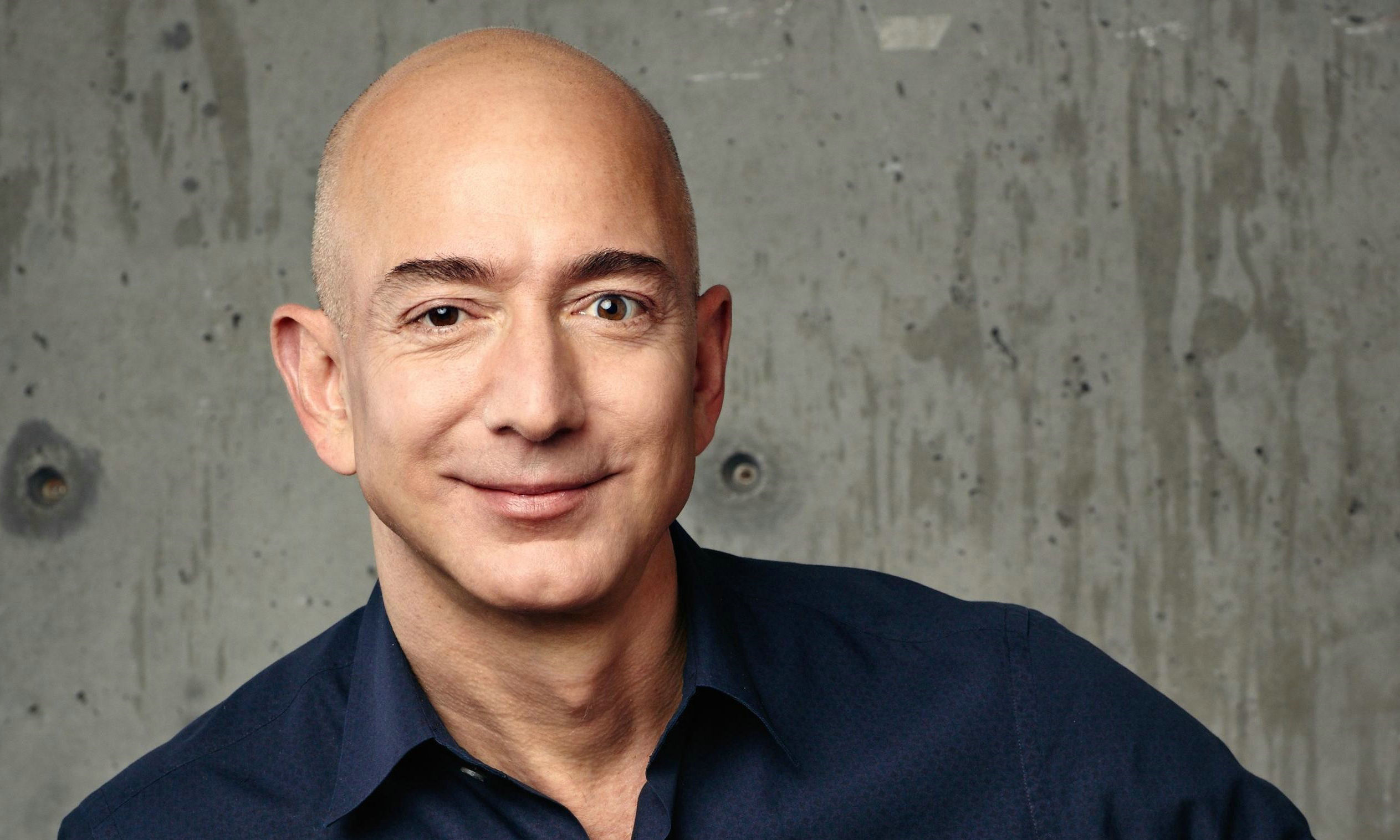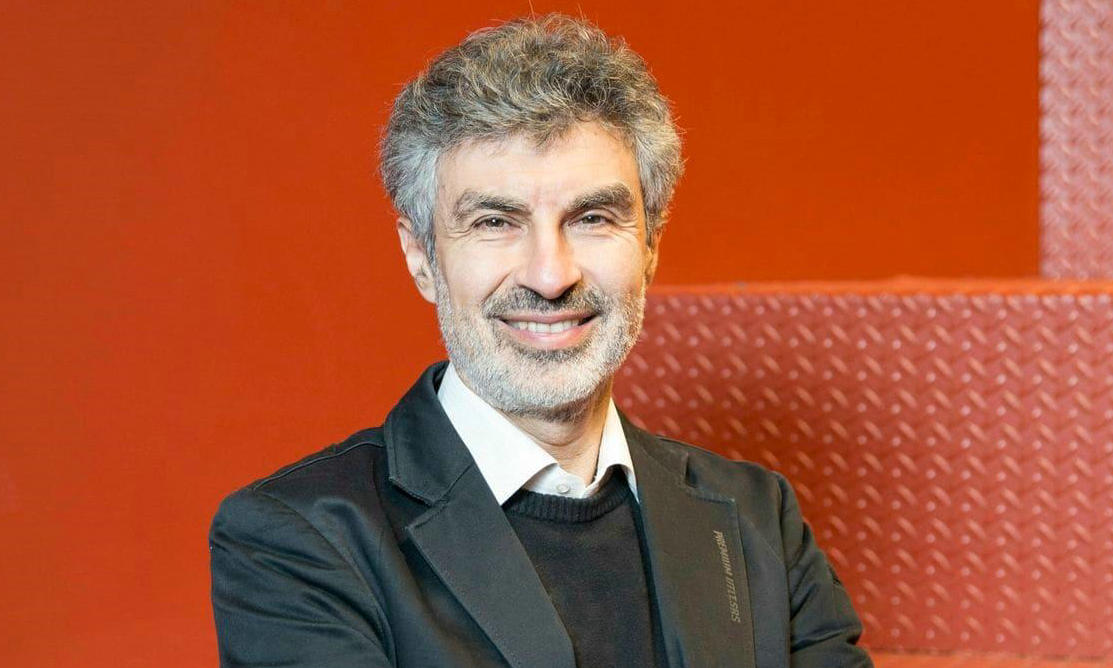In the vast starry sky of artificial intelligence, Yoshua Bengio is undoubtedly one of the most dazzling stars. As one of the three pioneers in the field of deep learning, his scientific research achievements, academic contributions, and unique insights into the development direction of artificial intelligence not only shape the face of modern AI, but also stir up a magnificent wave of innovation in the scientific and technological community. Let's walk into the world of this Canadian computer scientist and explore how he illuminates the future of artificial intelligence with the light of wisdom.
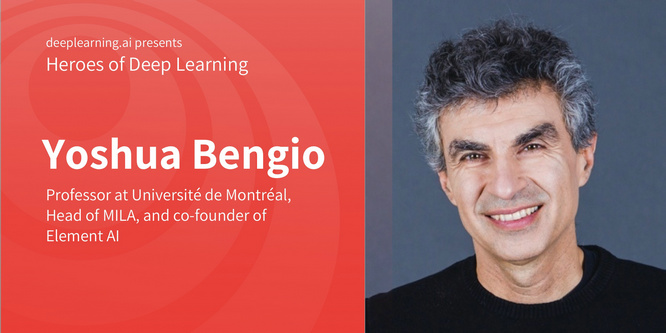
[Part One: The Innovator of Deep Learning]
1: The Prophet and Practitioner of Deep Learning
Professor Bengio once said, "The power of deep learning lies in its ability to automatically learn complex representations from raw data." This golden sentence is like a prophecy, revealing the secret of deep learning subverting the traditional machine learning paradigm. Back in the era when deep learning was not yet widely recognized, Bengio firmly believed that the deep structure of neural networks could reveal the inherent laws behind complex data. He withstood doubts and pressure, devoted himself to research, and laid a solid foundation for the revival of deep learning.
[Case Analysis]
Time came to 2012, and the turning point of history quietly arrived. The deep convolutional neural network AlexNet, in which Bengio and his team participated in the research and development, made a big splash in the ImageNet Large Scale Visual Recognition Challenge. The error rate was significantly reduced by nearly half compared to the champion of the previous year, and it once and for all broke the dominant position of traditional machine learning methods. This victory marked the official beginning of the era of deep learning. Since then, deep learning technology, like a spring breeze, has rapidly swept through many fields such as computer vision, speech recognition, and natural language processing, providing a powerful engine for the leap in AI performance.
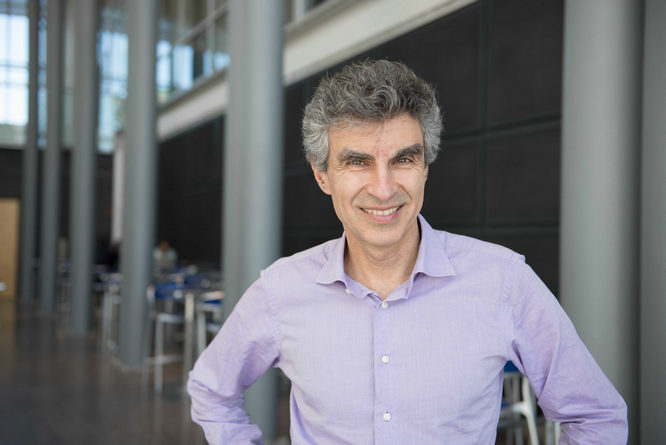
[In-depth Analysis]
Professor Bengio's contribution to deep learning is far more than a single technological breakthrough. The "layer-by-layer pre-training" strategy he advocated effectively solves the problem of gradient disappearance in the training process of deep networks, making the training of deep neural networks possible. In addition, the concept of generative adversarial networks (GANs) he proposed has pioneered new applications in the field of unsupervised learning and image generation in machine learning, and is hailed as "one of the most interesting inventions in machine learning in the past ten years".
2: The Dreamweaver of Deep Learning Theory
Professor Bengio is not only a practitioner of deep learning but also the dreamweaver of its theoretical system. He deeply explores the internal mechanism of deep learning and puts forward the "Consciousness Prior" theory, advocating that AI systems should have the ability to understand their own behaviors and impacts in order to achieve a deeper level of communication and collaboration with humans. This theory not only deepens our understanding of the essence of deep learning but also provides a philosophical guidance for the future development of AI.
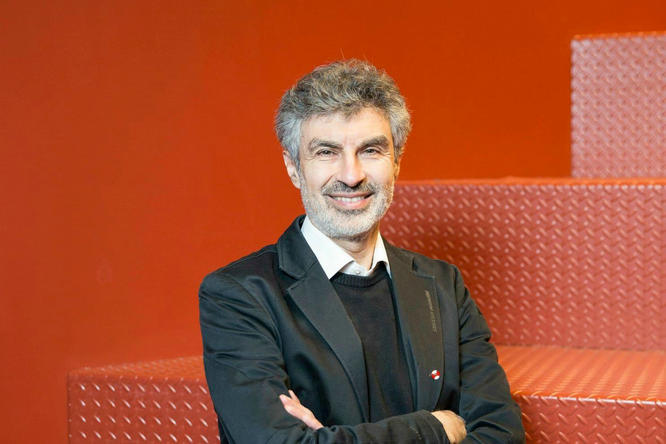
Part II: The Advocate of Artificial Intelligence Ethics
1: The Ethical Consciousness of a Tech Innovator
Professor Bengio once forcefully pointed out: "While pursuing technological progress, we must pay attention to its impact on society and ethics to ensure that AI serves the well-being of humanity." This view reveals the ethical bottom line that he has always adhered to in his scientific research career - that technology should be people-oriented and serve social justice and individual dignity.
Case Analysis
At the moment when deep learning is promoting the rapid development of artificial intelligence, Professor Bengio is not intoxicated by the technological carnival but soberly warns of potential risks. He publicly criticized some problems such as employment injustice and privacy infringement that may be caused by certain AI applications and actively participated in formulating relevant ethical guidelines. For example, the "Montreal Declaration for Responsible AI" in which he participated in writing set basic principles such as people-orientation, respect for human rights, and prevention of abuse for AI development on a global scale, providing an ethical guide for the healthy development of the industry.
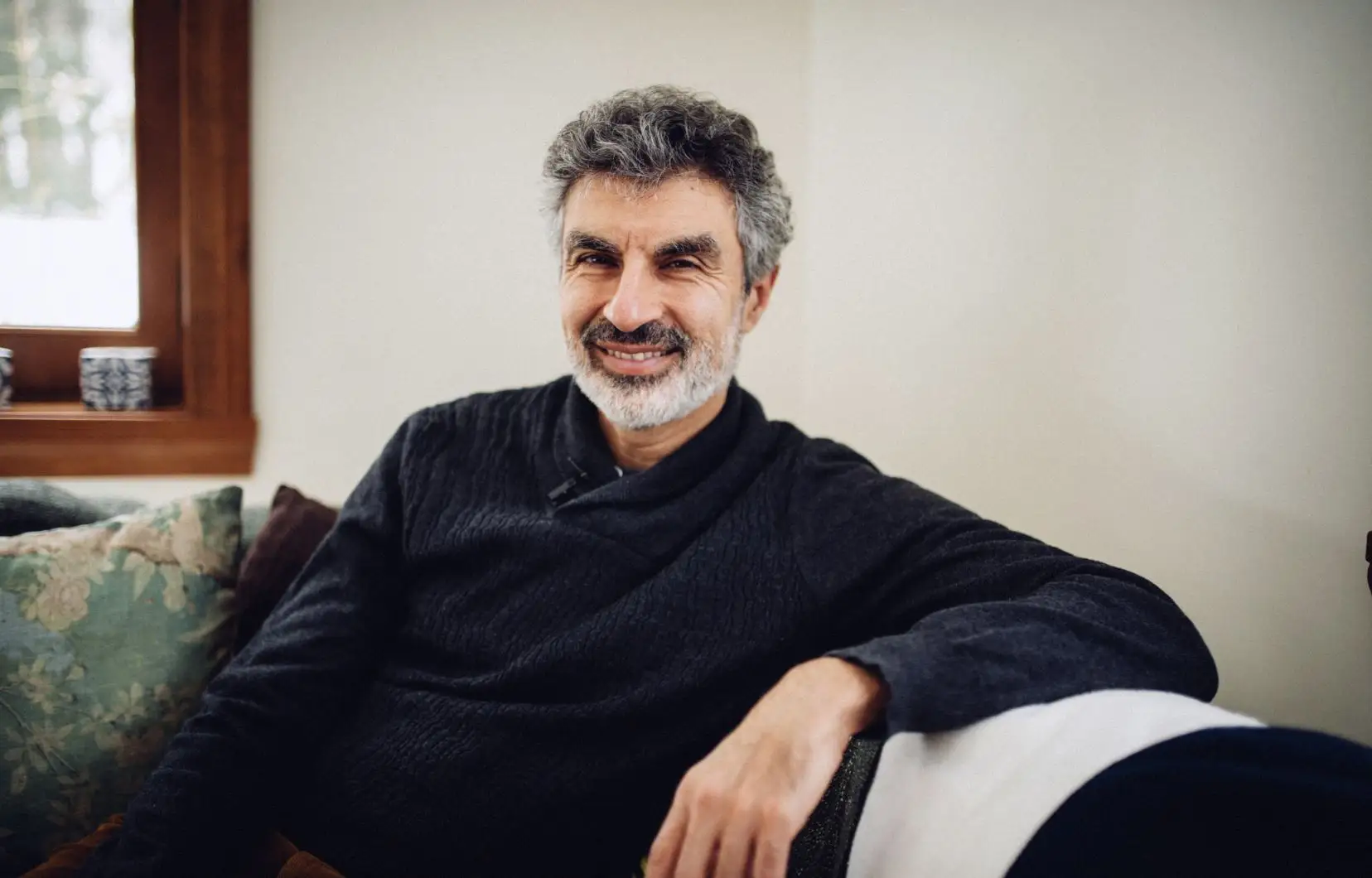
In-depth Analysis
Professor Bengio's thinking about artificial intelligence ethics does not just stay on the surface. He deeply explores the root causes of AI ethical issues and puts forward the "consciousness prior" theory, emphasizing that AI systems should have the ability to understand their own behaviors and impacts. This is not only the key to solving the problems of algorithm transparency and interpretability but also an effective way to avoid ethical controversies caused by the black box of AI decision-making. He advocates enhancing the self-understanding and reflection ability of AI to better integrate into the value framework of human society and achieve the harmonious coexistence of technology and ethics.
2: The Road of the Ethical Advocate as an Activist
Professor Bengio is not only a preacher of theory but also a promoter of practice. The Mila Institute (Quebec Institute for Artificial Intelligence) that he founded and leads has not only achieved remarkable results in deep learning research but also is committed to cultivating AI talents with ethical awareness, integrating ethical education into every aspect of scientific research and teaching. In addition, he actively participates in various international forums and policy discussions, calling for strengthening cooperation in artificial intelligence supervision on a global scale to jointly build a fair, transparent, and responsible AI ecosystem.
Professor Bengio is not only an outstanding researcher but also an active advocate of artificial intelligence ethics. He once warned: "If we don't treat the development of AI carefully, we may create a world that we don't want to live in." He advocates that AI should serve the well-being of humanity, emphasizing algorithm transparency, fairness, and interpretability to avoid social injustice caused by technological abuse.
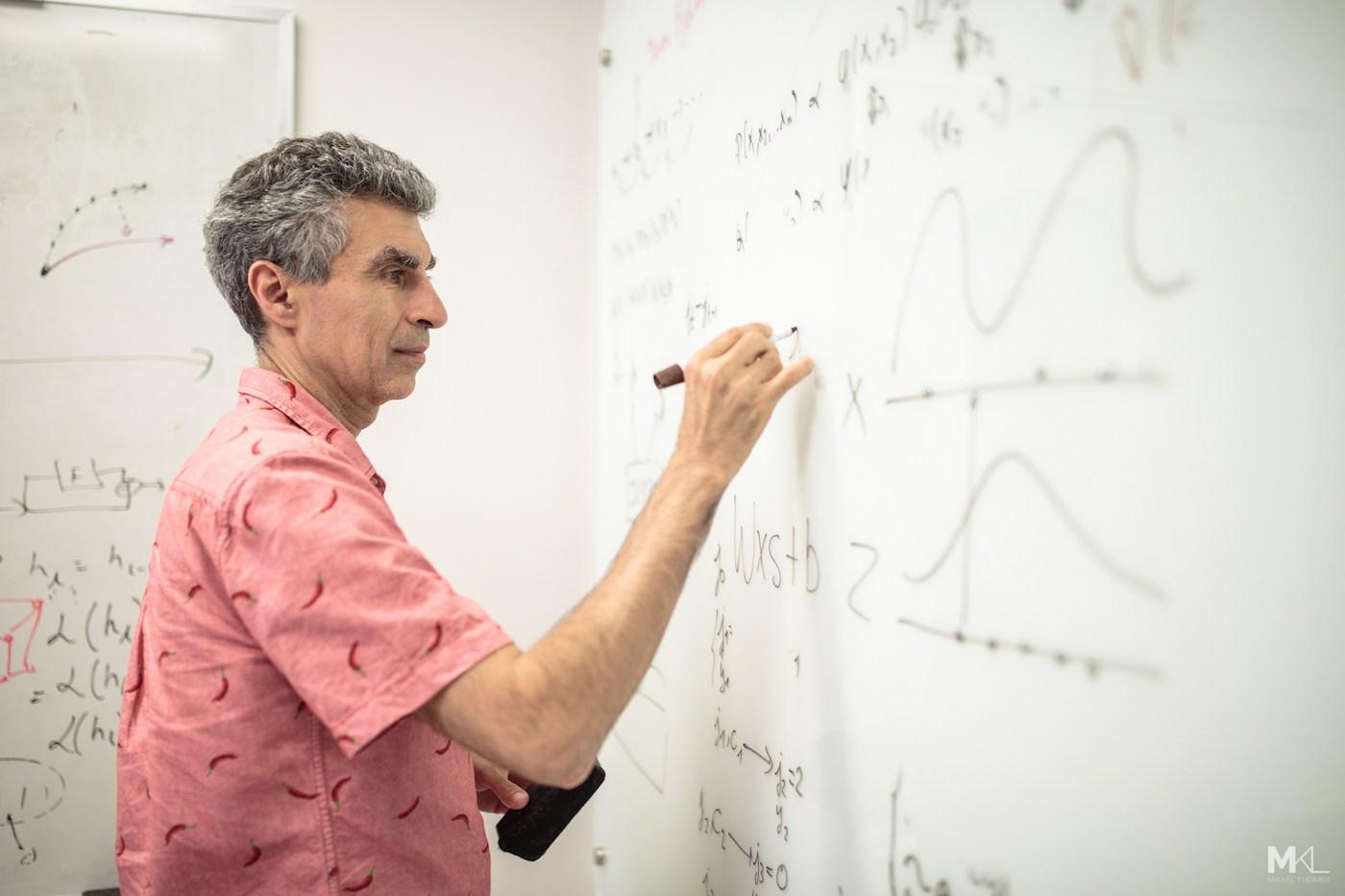
Cases and Views
In the paper "The Consciousness Prior" published in 2016, Bengio put forward the "consciousness prior" theory, believing that AI systems should have the ability to understand their own behaviors and impacts in order to better coexist with humans. This view has promoted the development of AI interpretability research and has now become an important part of the AI ethics framework. In addition, he actively participated in founding and directing Mila (Quebec Institute for Artificial Intelligence), committed to building a research and education center that focuses on AI ethics and social responsibility.
In-depth Analysis
Professor Bengio's success comes from his unremitting pursuit of scientific truth and deep concern for social responsibility. He always adheres to the equal emphasis on basic research and application innovation, believing that "true progress comes from a deep understanding of fundamental questions." This research philosophy that combines theory and practice has enabled him to achieve pioneering results in the field of deep learning and make a powerful voice in the discussion of AI ethics.
Conclusion
Yoshua Bengio, this innovator of deep learning and advocate of artificial intelligence ethics, with his profound academic insight, tenacious scientific research perseverance, and sense of social responsibility, has pointed out the direction for the future development of artificial intelligence. He reminds us: "While pursuing technological progress in AI, we should not forget that our ultimate goal is to create a beautiful world where humans and machines coexist harmoniously." Under the illumination of Professor Bengio's wisdom, we have every reason to believe that the future of artificial intelligence will be brighter and more humanized.
